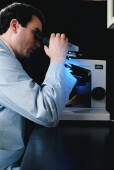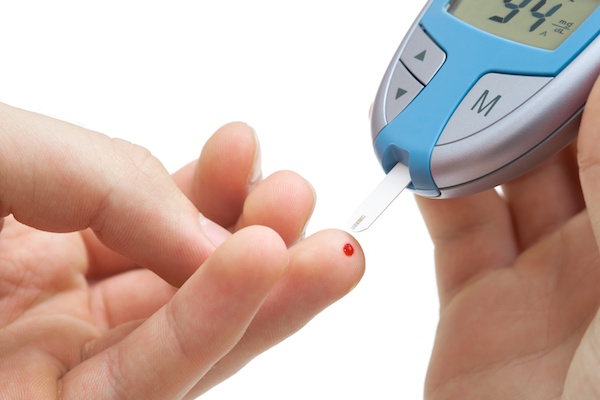
TUESDAY, Jan. 17 (HealthDay News) — A new study says more than 32 million people in the United States have autoantibodies, which are proteins produced in the immune system that attack the body’s tissues.
Autoantibodies can cause autoimmune diseases such as rheumatoid arthritis, lupus and type 1 diabetes, researchers say.
Researchers examined blood serum samples taken from almost 4,800 people who participated in the 1994-2004 U.S. National Health and Nutrition Examination Survey. The research team was looking for the most common type of autoantibody, called antinuclear antibodies (ANA).
The overall prevalence of antinuclear antibodies was about 14 percent and was slightly higher in blacks than in whites. Frequency generally increased with age and was higher in women than in men, with the female-to-male ratio peaking at 40 to 49 years and then declining with age.
“The peak of autoimmunity in females compared to males during the 40-49 age bracket is suggestive of the effects that the hormones estrogen and progesterone might be playing on the immune system,” Linda Birnbaum, director of U.S. National Institute of Environmental Health Sciences and an author on the paper, said in a news release from the NIEHS, which conducted the study.
The researchers also found that the frequency of antinuclear antibodies was lower in overweight and obese people than in those with normal weight.
“It raises the likelihood that fat tissues can secrete proteins that inhibit parts of the immune system and prevent the development of autoantibodies, but we will need to do more research to understand the role that obesity might play in the development of autoimmune diseases,” Dr. Minoru Satoh, another study author and an associate professor of rheumatology and clinical immunology at the University of Florida, said in the news release.
The study was published online Jan. 11 in the journal Arthritis & Rheumatism.
“Previous estimates of ANA prevalence have varied widely and were conducted in small studies not representative of the general population,” Dr. Frederick Miller, a study author and acting clinical director at NIEHS, said in the release.
“Having this large data set that is representative of the general U.S. population and includes nearly 5,000 individuals provides us with an accurate estimate of ANA and may allow new insights into the [causes] of autoimmune diseases,” he noted.
The presence of autoantibodies does not necessarily mean a person will develop an autoimmune disease. Drugs, cancer, infections and other factors can also cause autoantibodies in some people.
More information
The U.S. National Institute of Arthritis and Musculoskeletal and Skin Diseases has more about autoimmune diseases.

